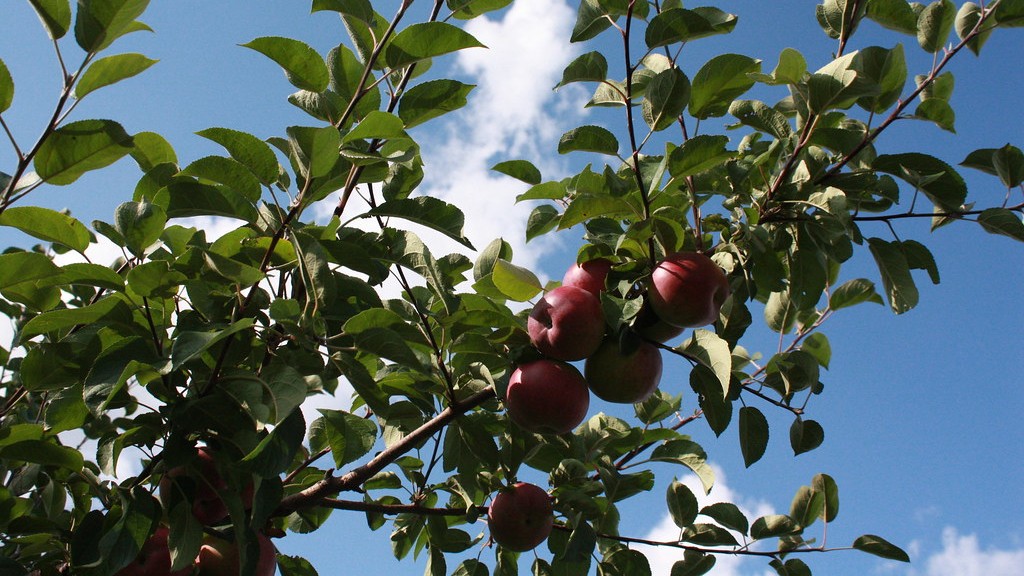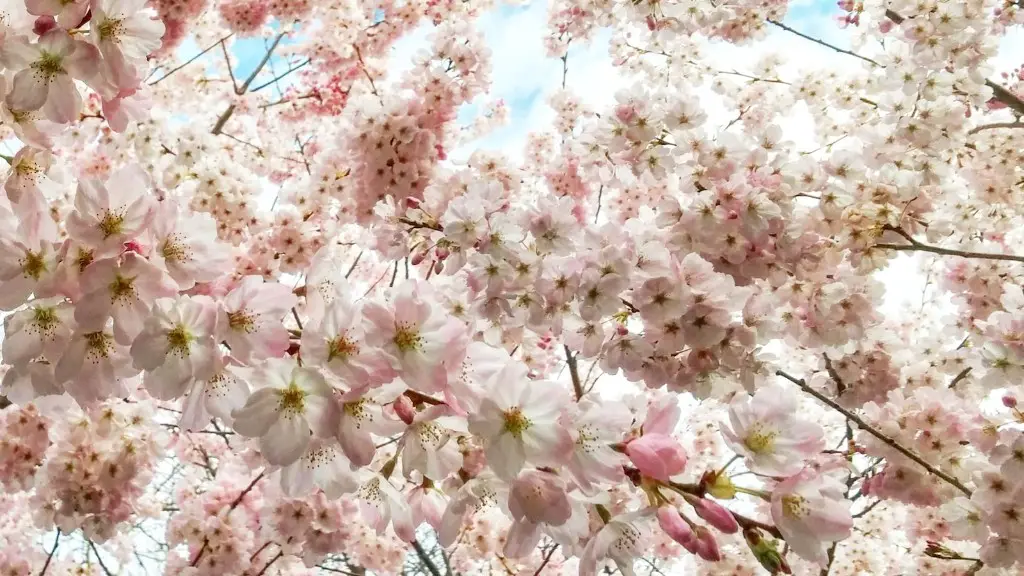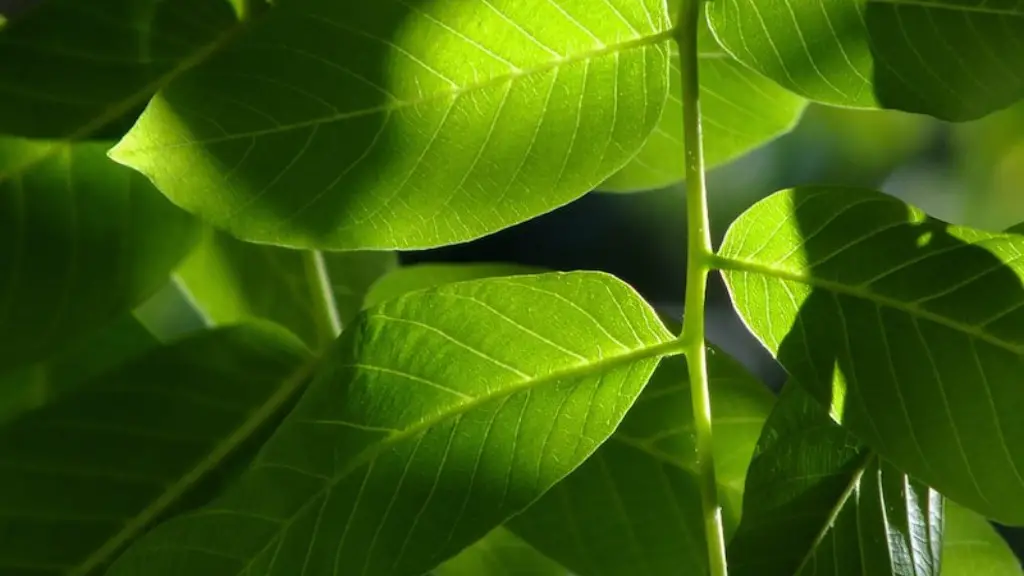Apple trees, like many other fruit-bearing plants, rely on particular growing and weather conditions to bear fruit. Unfortunately, a number of issues can lead to an apple tree not producing fruit. Understanding what may be hindering fruit production is key to resolving the problem.
Firstly, pollination plays a major role in apple tree fruit production. Apple trees need a number of specific environmental conditions to promote pollination, including sufficient daily sunlight, optimal temperatures and adequate air circulation. If any of these factors is insufficient, it can prevent pollination and thus cause apple trees to not produce fruit.
Another issue that can cause apple trees to not bear fruit is the presence of pests and diseases. Certain pests, like aphids and mites, can spread quickly and cause the tree to become infested. Similarly, fungal diseases and viruses have the potential to drastically reduce fruit production.
In addition, improper pruning techniques can also lead to apple trees having lower yields. Pruning techniques specific to apple trees should be used to ensure that it’s in the best condition for fruit production.
Finally, lack of enough nutrients can also lead to apple trees not producing fruit. Feeding apple trees with a balanced fertilizer every year is essential to help them reach optimal fertility levels and enjoy a fruitful harvest.
How To Ensure Pollination
When considering why apple tree does not produce fruit, individuals should carefully consider whether pollination is taking place. Generally, it’s beneficial to ensure adequate bee activity in the area, as Apple trees need bees to pollinate the flowers in order for them to prosper. Therefore, planting pollen-rich flowers, shrubs and herbs around the tree can improve bee numbers, thereby also increasing pollination.
Additionally, bee protection should be factored into gardening plans. People should strive to ensure that gardens and orchards are free of pesticides and insect repellents, as these can harm valuable bee populations.
Pest Control
Pests and disease can have a devastating effect on fruit production. It is therefore imperative to pay diligent attention to pest and disease prevention. Regularly examining leaves and branches and treating infestations promptly can help reduce pests and diseases and ensure that they do not become resilient. Pruning sick branches can also help contain diseases.
Unfortunately, there are instances when pests and diseases are so widespread that spraying becomes necessary. In this case, individuals must ensure that they use the appropriate pesticide and that they follow the directions in order to reduce the effect on beneficial insects, such as bees.
Nutrient Supply
As mentioned, supplementation of essential nutrients is fundamental for apple tree fruit production. Fertilizing apple tree with a balanced fertilizer every year is integral to obtaining a successful harvest. Be sure to use the correct amounts and a fertilizer appropriate for your tree’s particular variety.
Too little fertilizer can lead to reduced yields and slow growth, while supplying too much fertilizer can promote excessive vegetative growth at the expense of fruit production. As such, careful management is key to encouraging strong healthy growth and productive tree yields.
Proper Pruning
Prune apple trees properly in order to ensure both good health and optimal yields. Pruning helps to open up the tree structure and allows for even distribution of the sun. Excessive or careless pruning, however, can damage or greatly reduce fruit production.
As such, prune the tree carefully and with the right tools. Aim to remove any overcrowded and weak growth, while keeping the foliage light and airy to increase sun penetration. Pruning should also be done to help shape and improve the overall structure of the tree.
Conclusion
In summary, the reasons why apple trees do not produce fruit are vast. From incorrect pruning and lack of pollinators to diseases and shortages in nutrients, there are numerous issues that can lead to reduced fruit production. However, with a bit of insight and effort, you can help your apple tree overcome these issues and enjoy a fruitful harvest.



